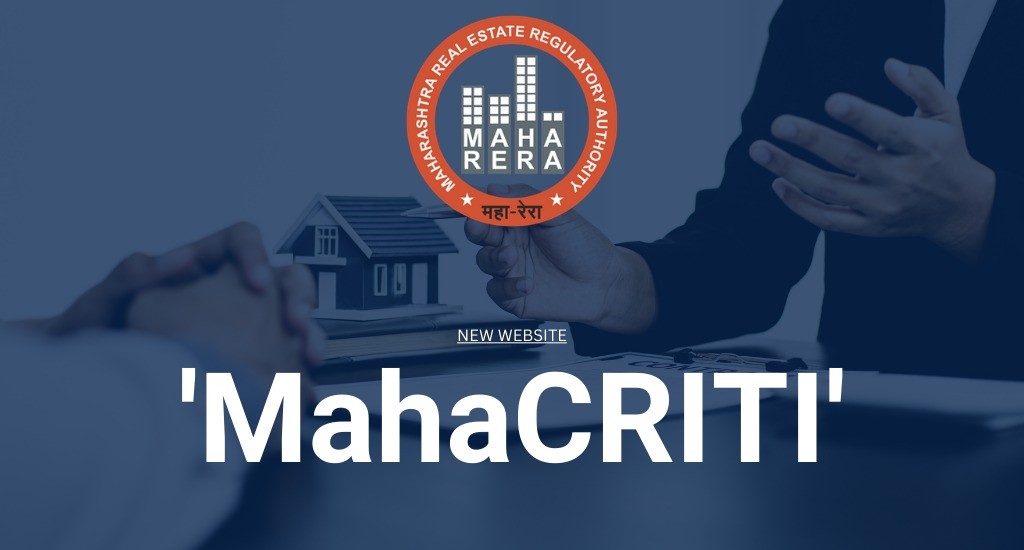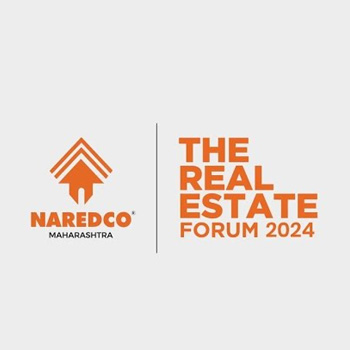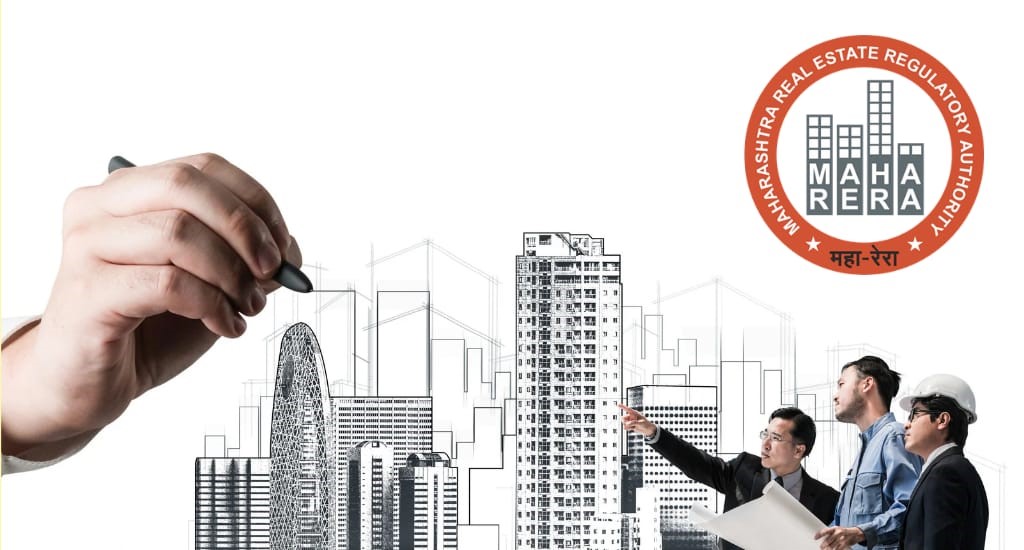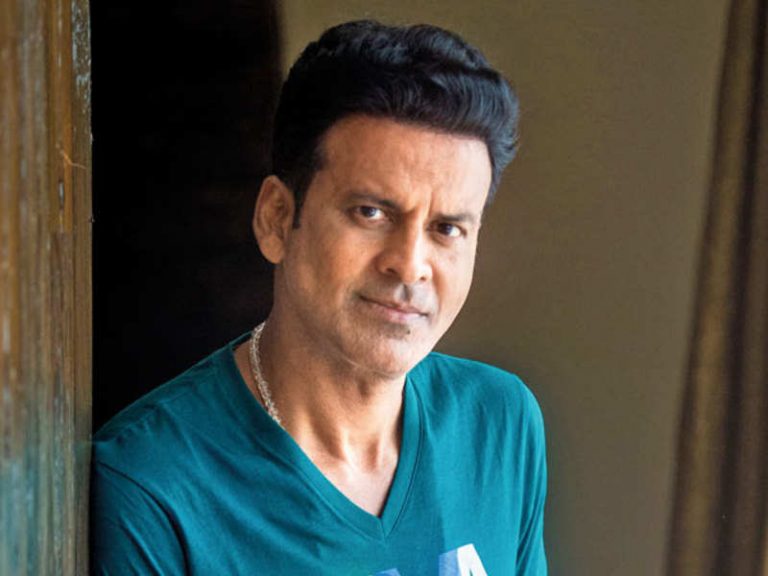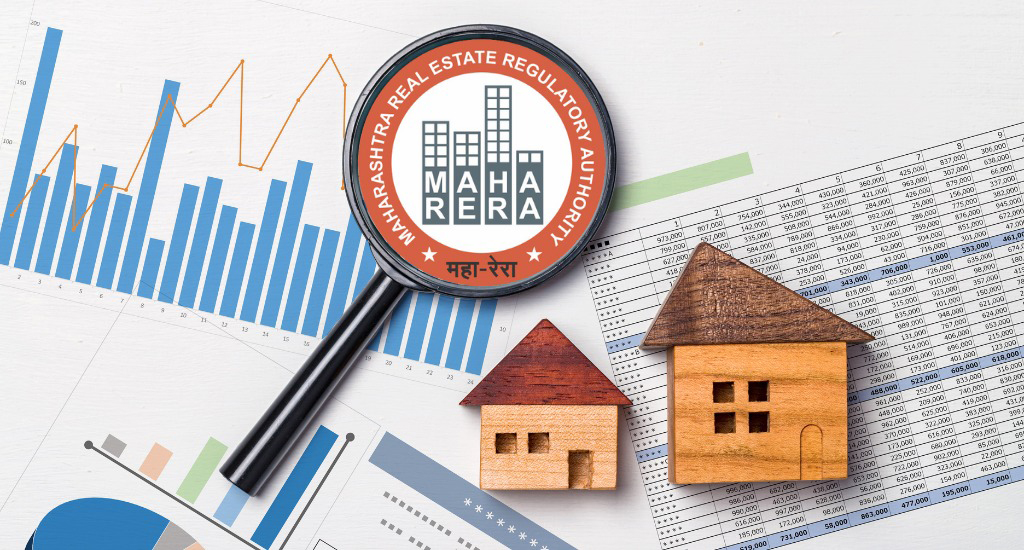Mumbai, 29th August 2024: In order to boost affordable and overall housing in the State, the Maharashtra Government may consider the real estate developers’ demand of granting further concessions in registration and stamp duty, informed Atul Save, Minister of Housing, Government of Maharashtra while inaugurating the third edition of ‘The Real Estate Forum 2024’ in Mumbai today. “Naredco Maharashtra, on behalf of its developer members, have requested for further concessions in stamp duty and registration of housing properties in order to boost housing sales. The Government will think about granting any such further concessions,” said Atul Save, Minister of Housing, Government of Maharashtra. Emphasizing on the Central Government’s push to affordable housing and ‘Housing for All’, Save mentioned that the State Government had already given one percent reduction on registration to women who wanted to buy a residential property. We will also think of what other concessions for registration could we extend.” He added that major suggestions coming from the NAREDCO Maharashtra’s real estate forum would be considered in the new housing policy. Save also called the real estate developers to come forward and invest in building 1.25 lakh houses for mill workers in Mumbai. “We have announced reduction in the cost of MHADA houses on declared price with respect to the surplus tenements received under Sections 33(5) and 33(7) only. MHADA has a stock of 2000 houses and we have received 30,000 applications,” he informed. Acknowledging NAREDCO’s submission about lesser pricing of MHADA houses in Pune, he promised that the matter would be put up for discussion in the MHADA Board. In other key developments, Valsa Singh Nair, Additional Chief Secretary, Housing Department, Government of Maharashtra informed that the Government will soon introduce new policies such as Amnesty scheme for stalled SRA projects and the new PAP Policy for timely completion of redevelopment projects. Prashant Sharma, President, NAREDCO Maharashtra, commented on the recent developments and challenges in the Indian residential sector. He said, “This year’s theme underscores the Indian residential sector as a beacon of growth and optimism. The market has seen unprecedented expansion since the pandemic, with Mumbai and Pune leading a revival that accounted for nearly 54% of new launches last year. This surge is driven by rising incomes, economic development, demographic benefits, and supportive government policies. The Pradhan Mantri Awas Yojana, one of the world’s largest housing schemes, aims to add three crore houses nationwide, while Maharashtra’s major redevelopment projects, including the Dharavi Redevelopment Scheme, are pushing progress forward. Additionally, the Pradhan Mantri Awas Yojana will provide one million housing units for marginalised communities. Despite this growth, rising housing prices are creating affordability challenges. To maintain competitiveness and attract investment, it is crucial to review and adjust government fees and limits, as current premiums are deterring developers from taking on redevelopment projects.” Representing NAREDCO Maharashtra, Dr. Niranjan Hiranandani, Chairman, NAREDCO has formally requested state government authorities to allocate 5,000 slum redevelopment projects to the industry body. He said, “This initiative is a significant step towards strengthening Public-Private Partnerships (PPP) and redefining the landscape of Mumbai’s real estate sector. By spearheading this endeavor, NAREDCO aims to play a pivotal role in transforming Mumbai into a slum-free city, setting a benchmark for urban redevelopment and inclusive growth.” Rajan Bandelkar, Vice Chairman, NAREDCO India, addressed key issues in the real estate sector, highlighting, “As nation-builders, we must address the gap in affordable housing, which remains a challenge with current redevelopment costs. Moreover, current regulations hinder the creation of iconic structures in Mumbai, limiting architectural innovation. With RERA’s stringent oversight for seven years, it’s time to reassess its impact on business operations. Lastly, focusing on planning new cities rather than extending existing ones could alleviate migration issues and enhance living conditions.” Sandeep Runwal, Vice Chairman, NAREDCO Maharashtra, discussed the current state of the residential real estate market at the Real Estate Forum. He stated, “At the Real Estate Forum, we’re witnessing unprecedented growth and engagement, reflecting the thriving residential sector’s recovery since the pandemic. In Mumbai, the residential market has surged by 30-40%, with increasing demand for larger homes and improved lifestyles. NAREDCO remains committed to enhancing Mumbai’s development through strategic partnerships, focusing on quality infrastructure, medical facilities and green spaces to ensure a sustainable, vibrant city for future generations.” The first session Maha/Urban Revolution @2047: Government policies driving real estate had Dr. Bhushan Gagrani (IAS), Commissioner of the Brihanmumbai Municipal Corporation (BMC), where he emphasized the collaborative effort required for Mumbai’s development in his recent statement. He stated, ” We are witnessing unprecedented infrastructure growth, with Mumbai nearing 300 kilometers of metro lines—a significant achievement when compared to London’s historical network. This progress is a result of concerted efforts from the BMC, MMRDA, MSRDC, and private sectors. As we continue to advance, it is vital that these developments are complemented by active citizen participation to ensure a sustainable and prosperous future for Mumbai.” Also, Valsa Nair Singh (IAS), Additional Chief Secretary of the Housing Department, Government of Maharashtra, underscored the significant progress in Maharashtra’s housing sector. Smt. Singh also highlighted the emphasis on cluster development for Mumbai’s redevelopment projects and the new PAP policy to ensure the timely completion of major infrastructure projects. “Our new slum rehabilitation authority (SRA) policy aims to make Mumbai slum-free, and we are introducing an amnesty scheme for stalled SRA projects,” She added, “We are committed to enhancing sustainability and reducing construction costs in future developments. We look forward to collaborating on optimising construction technologies and approvals to ensure the success of PMAY 2.0 in Maharashtra.” At the inaugural session a paper was launched by NAREDCO and JLL, titled ‘Mumbai Residential Market Through The Lens Of Time’.




